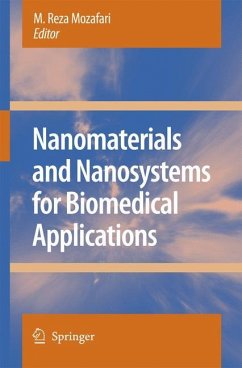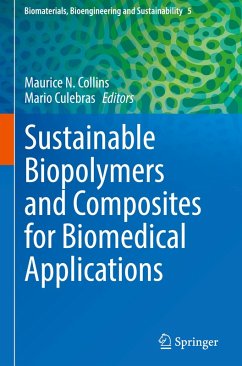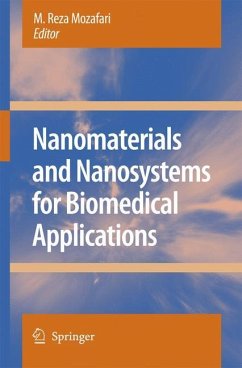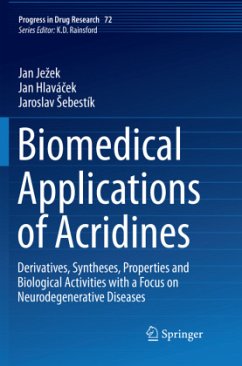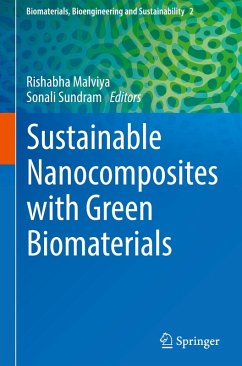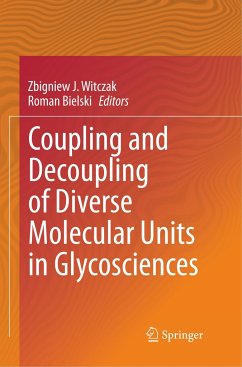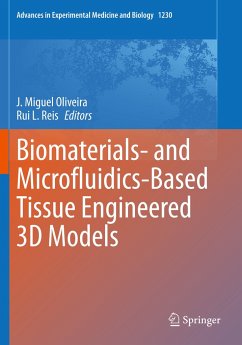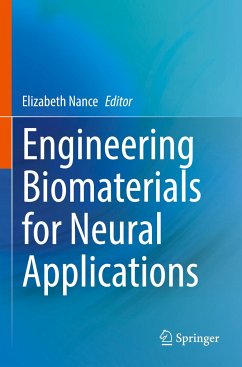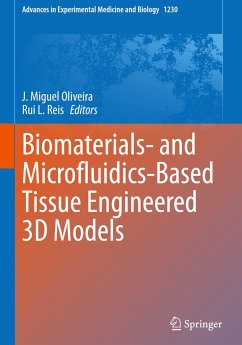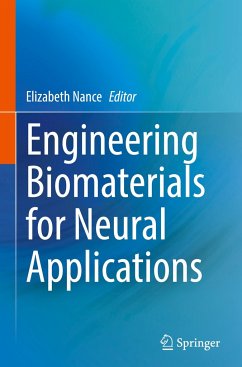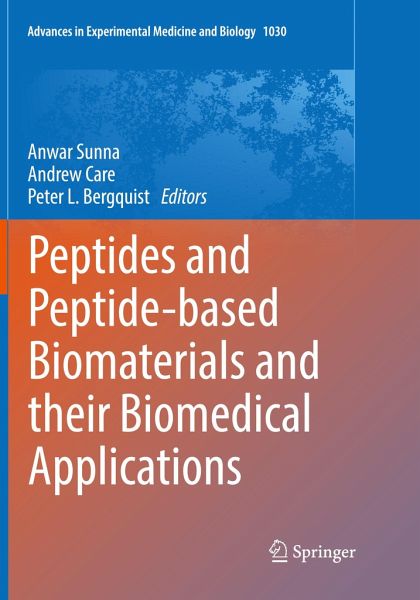
Peptides and Peptide-based Biomaterials and their Biomedical Applications
Versandkostenfrei!
Versandfertig in 6-10 Tagen
113,99 €
inkl. MwSt.

PAYBACK Punkte
57 °P sammeln!
Solid-binding peptides have been used increasingly as molecular building blocks in nanobiotechnology as they can direct the assembly and functionalisation of a diverse range of materials and have the ability to regulate the synthesis of nanoparticles and complex nanostructures. Nanostructured materials such as beta-sheet fibril-forming peptides and -helical coiled coil systems have displayed many useful properties including stimulus-responsiveness, modularity and multi-functionality, providing potential technological applications in tissue engineering, antimicrobials, drug delivery and nanosca...
Solid-binding peptides have been used increasingly as molecular building blocks in nanobiotechnology as they can direct the assembly and functionalisation of a diverse range of materials and have the ability to regulate the synthesis of nanoparticles and complex nanostructures. Nanostructured materials such as beta-sheet fibril-forming peptides and -helical coiled coil systems have displayed many useful properties including stimulus-responsiveness, modularity and multi-functionality, providing potential technological applications in tissue engineering, antimicrobials, drug delivery and nanoscale electronics. The current situation with respect to self-assembling peptides and bioactive matrices for regenerative medicine are reviewed, as well as peptide-target modeling and an examination of future prospects for peptides in these areas.



